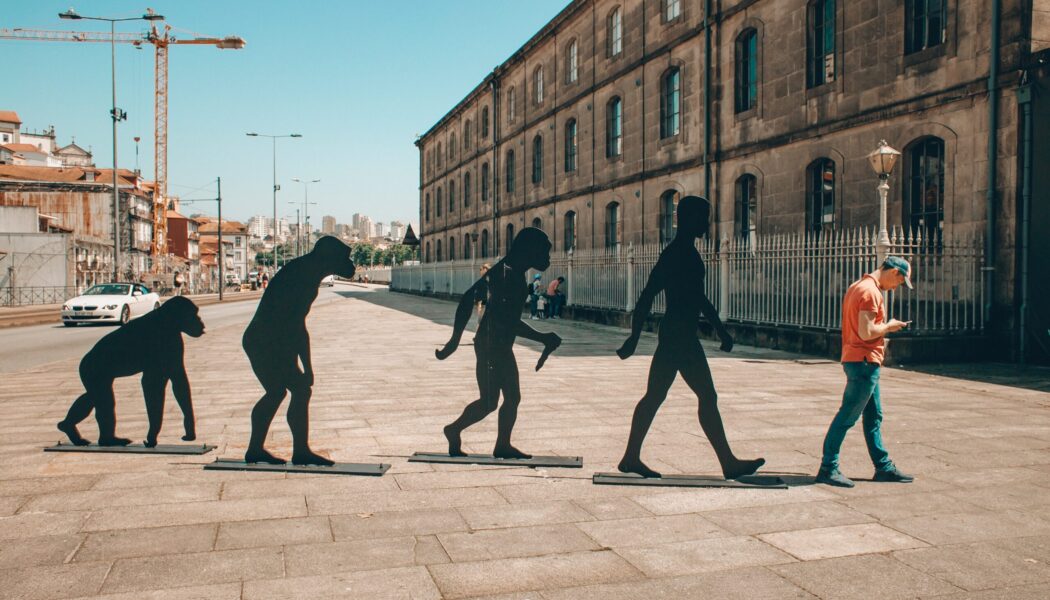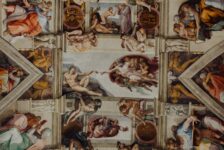In my previous post, I presented an analogy that made me realize a few years ago that DNA mutations must indeed be random, as evolutionists claim. Being a creationist most of my life and at that time of this realization, I couldn’t make sense of it. So, I persisted in believing in an intelligent agent behind evolution. How could truly random events lead to the well-ordered complexity of life? Left unanswered or with an unclear answer, this question can add fuel to the creationist mindset.
Merriam-Webster dictionary defines randomness as: ‘the quality or state of being or seeming random (as in lacking or seeming to lack a definite plan, purpose, or pattern).’
Consider these situations:
1. The number π begins with 3.14159265359. The sequence of digits shows no pattern. Since π comes from a precise definition, the ratio of the circumference of a circle over the diameter, are the digits truly random?
2. A computer random number generator executes an algorithm to produce the numbers. Since a set of instructions produced them, it doesn’t seem possible that the numbers be truly random.
3. In a survey, a random sample of people is picked. If a sampling method is used, then is the sample really random? If no method is used, there is no way to determine if the sample is really random.
On one hand, a truly random sequence can’t conceal any rule, while on the other hand, requiring the absence of all patterns within a sequence leads to a very restricting definition. For something to be random, it seems that it must meet well-defined conditions. A paradox. It must be that randomness has no method, no rule, no law. That’s its definition. Only events without a cause are random, then. Other than quantum fluctuations (at the core of the fabric of space), everything in nature has a cause. The formation of atoms and everything more complex come from a set of causes. DNA mutations are, therefore, not truly random.
Atoms follow strict electromagnetic binding rules restricting the possible geometries of molecules and combinations. During biogenesis, the molecular structure of the DNA and all components of a living cell could shape in only a few ways. The DNA molecular structure is very complex, while its shape is possibly the only form its molecules could take. Perhaps this applies to other components as well. With all in place, mutations benefit or lead to the demise of the species by chance only. In The Blind Watchmaker, Richard Dawkins writes: ‘the particular effects that genes have are not intrinsic properties of those genes.’ It’s a fluke that the genes led to favorable bodily features. What may be considered random is when a mutation favors a species or causes its demise, as the genes don’t know what the bodily features will be.
Further, from The Blind Watchmaker:
1. ‘the cumulative change over generations is not random and selection is not done by the genes, the effects are. . . . Given sufficiently small embryonic changes the necessary mutations are bound to be forthcoming.’
2. ‘provided the difference between neighbouring intermediates in our series leading to the eye is sufficiently small, the necessary mutations are almost bound to be forthcoming.’
There is nothing random in these processes. Since mutations are forthcoming, as Dawkins says, they’re not by chance alone. Ironically, the complexity of life’s evolution eventually reached a plateau limiting what could happen next. This gives the false impression of a direction in evolution. For example, the basic anatomy of herbivores and carnivores has changed little in the past 100 million years. A four-legged animal can’t evolve into a six-legged one. Mutations add while natural selection weeds out, but mutations are limited in what can be added. A balancing act, quite the opposite of randomness.








